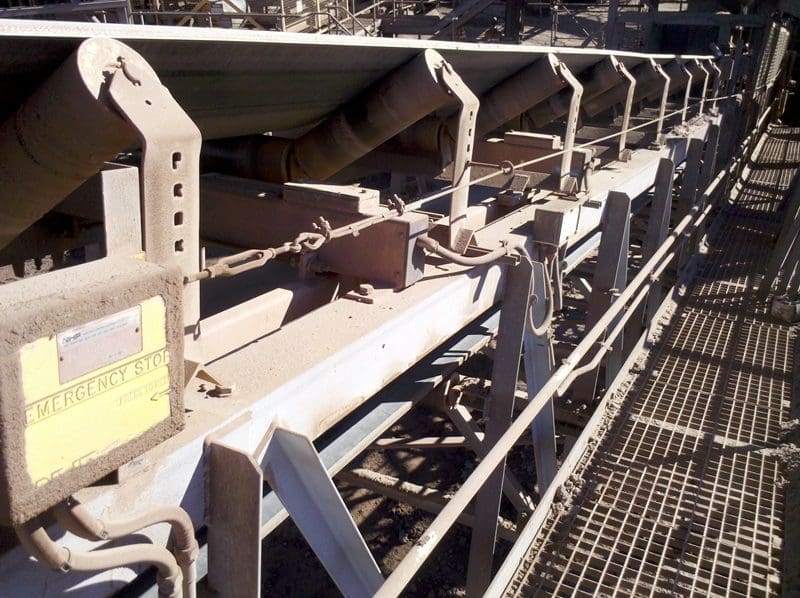The steel industry is a vital component of Australia's economy, producing 5.3 million tonnes of valuable materials each year, creating more than 100,000 jobs and contributing approximately $11 billion to the country's gross domestic product. For many communities dependent on steel manufacturers for jobs, supplies and materials, their future outlook is directly intertwined with the fortunes of the steel industry.
Recent developments have raised concerns about the long-term prospects of domestic steel production. Increased competition from foreign exporters and turbulent commodity markets have cut into revenue and put pressure on steel manufacturers to pivot toward more specialised services. Not even industry leaders are immune to these stresses, as one of the nation's largest steel producers, Arrium Mining, went into voluntary administration in 2016 following a series of financial losses.
To weather these conditions and revitalise steel production, manufacturers need to operate at optimal levels with maximum efficiency. That means ensuring that every phase of operations runs with complete precision, starting with more accurate and reliable measuring instruments.

Support greater accuracy throughout the steel production pipeline
A great deal of precision is required at every stage of steel manufacturing to produce high-quality finished products, especially for companies that sell more specialised varieties of steel to be used in tools like drill bits and blades. An incorrect measurement anywhere along the pipeline could derail operations or result in flawed or otherwise low-quality items.
Consider the various steps required to make steel:
- Iron ore, limestone, coking coal, mill scale, flue dust and other essential materials are mined, collected and transported to production centres.
- Those raw materials are sorted and mixed, with operators selecting the highest quality pieces to make steel.
- The sintering process converts those materials into a state suitable for steel production.
- Sintered materials are fed into blast furnaces, which melt and refine them into steel.
- Impurities (i.e., slag), are drained, leaving finished steel behind.
Needless to say, it's a complex and delicate process, necessitating the right materials, in the right combination, processed at the exact temperatures and pressure levels that are required to create a high-quality product.

Belt scales and weigh feeders allow for exact measurements when:
- Mining raw materials.
- Shipping iron ore, coal and other steel components to production centres.
- Sorting and combining metals, minerals and other ingredients.
- Feeding materials into sintering furnaces.
- Feeding sintered nodules into blast furnaces.
- Separating slag and other impurities from steel.
Without that precision, the whole process could fall apart. Take sintering, for instance. Sinter quality depends on operators selecting the right mix of raw materials. If those combinations are off in any way, the quality of the finished product will be in jeopardy. In addition, furnaces will need to consume more fuel to complete sintering, raising production costs.
Once blast furnaces have processed the steel, sorting equipment needs to be able to consistently separate slag from usable material. Quality control is of the utmost importance here. Manufacturers can also supplement their revenue by selling slag to companies for use in railroad ballasts, cement, asphalt and other applications. Precise measuring instruments will help operators maximise their profits by sorting steel product and slag with total accuracy.
Every piece of equipment, including measuring instruments, needs to run at optimal levels to support productivity and efficiency throughout the manufacturing process. SRO Technology offers a wide variety of solutions designed for the rigours of day-to-day industrial use. Our expert engineers can custom-build the right equipment for any facility, work site or application.
Reach out today to find out more about our services and how we can help your company achieve its production goals.



Recent Comments